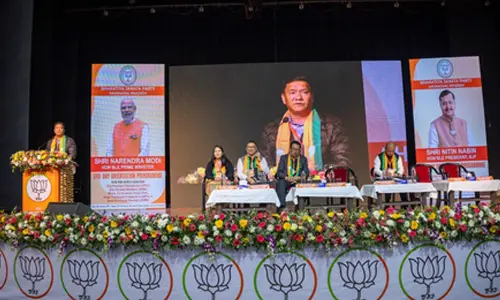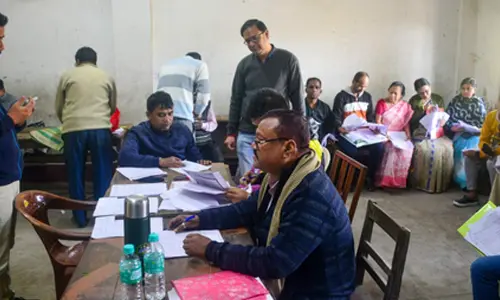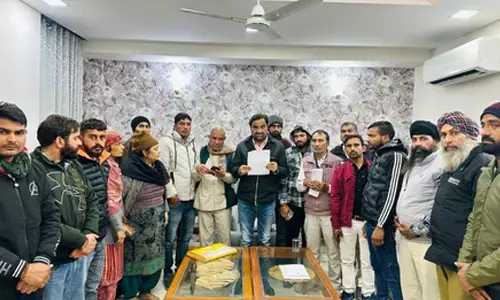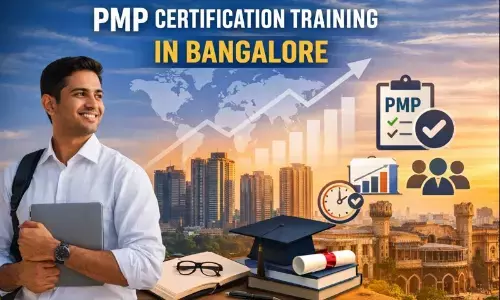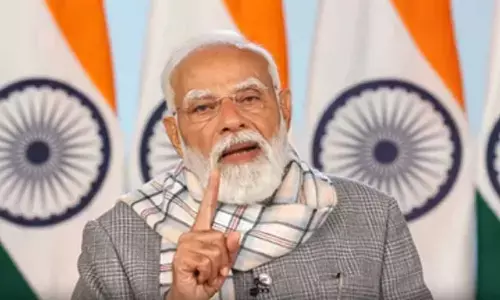Pfizer vaccine booster plan sparks controversy in US
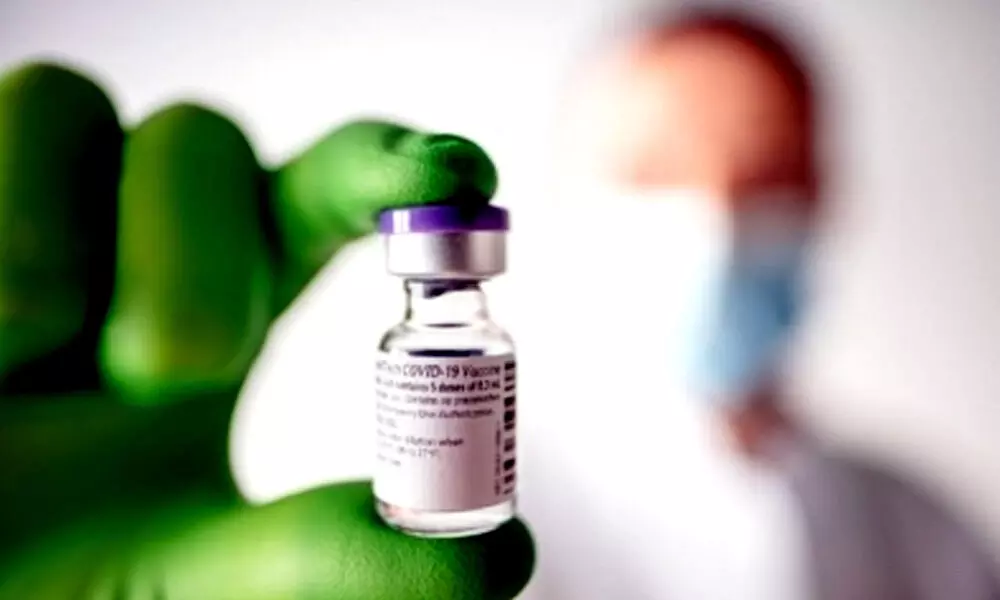
Pfizer vaccine (Photo/IANS)
The announcement by US drugmaker Pfizer of a plan on developing a booster dose of its Covid-19 vaccine to better protect people from growing variants
Washington: The announcement by US drugmaker Pfizer of a plan on developing a booster dose of its Covid-19 vaccine to better protect people from growing variants, has heightened hesitancy amongst the unvaccinated population and sparked confusion across the country on whether it was needed or not.
Pfizer and its partner German firm BioNTech announced on Thursday that they were planning to seek approval for the booster shot within weeks, predicting that people would require a vaccine boost six to 12 months after being fully immunised, reports Xinhua news agency.
The two companies said they have seen encouraging data in the ongoing trial of a third dose of its current Covid-19 vaccine.
Initial data from the study demonstrate that a booster dose given six months after the second dose has a consistent tolerability profile while eliciting high neutralisation titers against variants including the highly transmissible Delta variant, which can be five to 10 times higher than after two primary doses.
They expected a decline in vaccine efficacy against symptomatic disease over time and the continued emergence of variants.
They said that based on the totality of the data to date, a third dose may be needed within 6 to 12 months after full vaccination, to maintain the highest levels of protection.
But after the announcement, the US Centers for Disease Control and Prevention (CDC) and the Food and Drug Administration (FDA) released a joint statement on vaccine boosters, saying that "Americans who have been fully vaccinated do not need a booster shot at this time".
The two agencies on Friday added that people who are fully vaccinated are protected from severe illness and death, including from emerging variants such as the highly contagious Delta variant which is now the dominant strain in the US.
"FDA, CDC, and NIH (National Institutes of Health) are engaged in a science-based, rigorous process to consider whether or when a booster might be necessary," said the statement.
The decision, the statement said, will be only partly informed by data from drug companies.
Delta, which is now in over 100 countries, represented over 50 per cent of new infections in the US over the two weeks ending July 3, according to the CDC.
Experts are concerned the variant will cause a surge in new cases this fall, hitting the unvaccinated population the hardest.
About 47.8 per cent of the US population is fully vaccinated against Covid-19, and 55.3 per cent of the population has received at least one shot, CDC data show.








